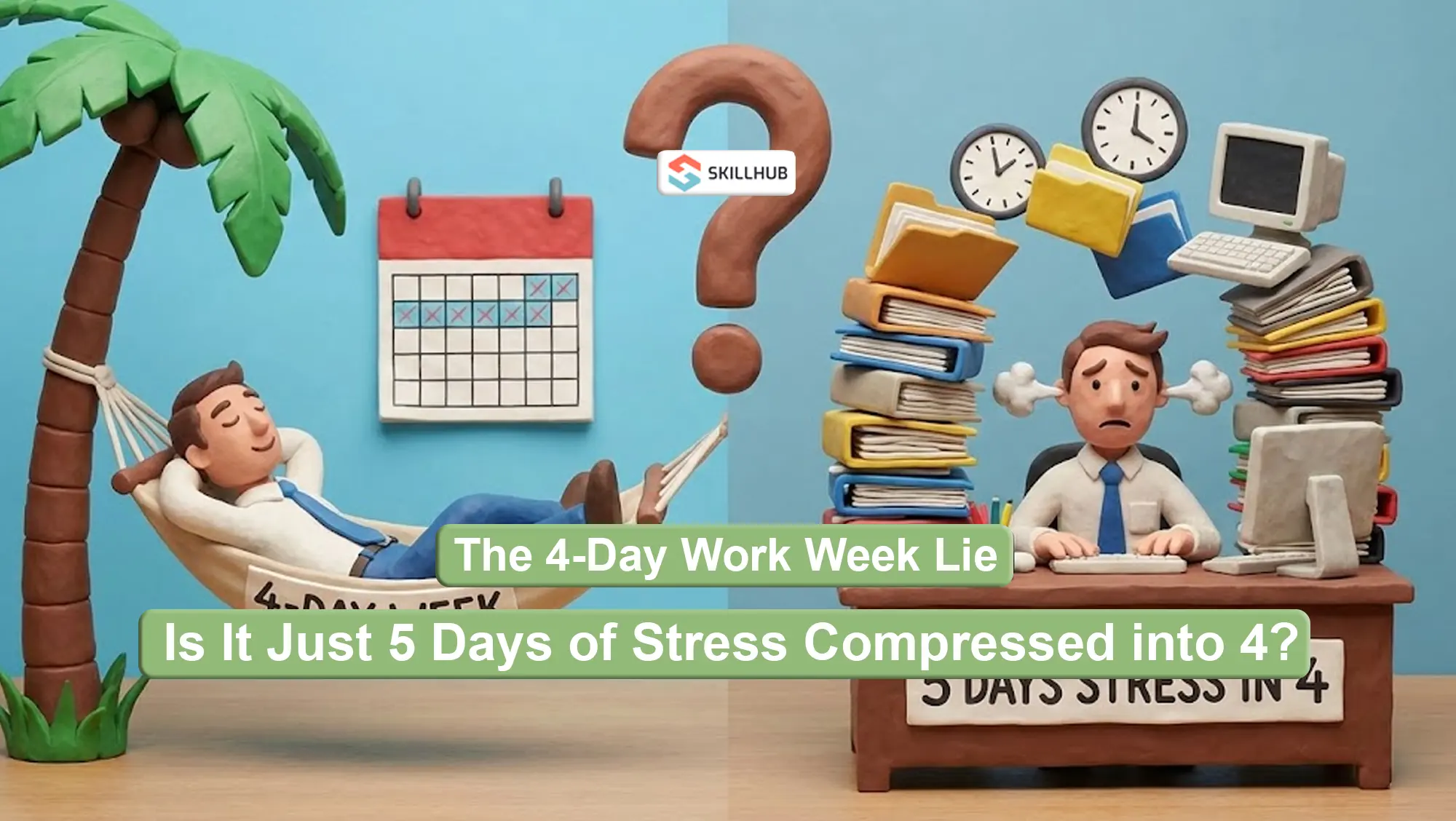How to Write a Federal Resume

Government resume writing may seem like a daunting task. In addition, federal positions require additional proficiency and experience, implying greater responsibilities laid on an applicant. All these factors make a job seeker ask how to make a federal resume look good and professional.
The best way to get a professional federal resume is to apply for a federal resume writing service and get help from experts. Resume writers know how to write a federal resume and tailor it for the position that you are looking for.
Yet, job seekers should not be afraid of creating a federal resume on their own. The process is similar to the resume for a private sector job position with a few extra details. This article will explore the details of federal resume writing and will give you valuable tips on how to write a government resume on your own.
Resume for Federal Positions
A federal resume is a resume for a governmental position. The key difference between private and government resumes is the amount of detail. Governmental hiring managers cannot make assumptions about your work experience based on your resume, and they should be confident about your expertise and readiness to fill the job.
At the same time, private-sector recruiters look at your resume as an introductory document that will help them invite you to an interview. While private sector resumes are no longer than two pages, federal jobs resumes are up to five pages long due to the number of details an applicant should include.
Introduction and Contact Information
First, you need to provide your contact information. This section is vital for a federal resume. Therefore, make sure that the following information is present in the section:
- Name
- Address
- Citizenship
- Contact phone number
- E-mail address
You should not include personal information in the contact section. Personal data includes:
- Date of birth
- Marital status
- Religious affiliation
- Social Security Number
- Links to web pages
Besides, you should not attach a photograph or video with you if the job announcement does not require otherwise. Finally, your contact information section should be clear and strict.
Personal Statement/Resume Summary
You should provide a resume summary after the contact information section. An introduction for a federal government resume should be formal and precise. In this section, you describe your most profound professional achievements and experience and make a statement that the rest of the resume will support.
The personal statement should be catchy and memorable but not too long. It is the first thing that a government recruiter will see. Use action and keywords from the job announcement to highlight your qualification and experience. The proper wording will increase your chances of landing the desired position.
Resume Format
The next block of a federal resume is work experience and educational background. It is an essential part of a resume. Therefore, it requires a suitable format. There are several options on how to present the applicant’s professional background:
- Chronological order
- Reverse chronological order
- Functional format.
Chronological order shows the occupations in the order in which applicants applied to them. It is a suitable format for job seekers with little work experience. A functional resume places the professional qualification before anything else.
Finally, reverse chronological order is the best format for federal job resume writing. It shows the job positions from the most recent to the first one. This format shows what a job applicant has achieved and his most recent job duties.
Work Experience and Education
When you list your skills and experience in a federal resume, you should include more details than in a regular resume. For example, government hiring managers should know what exactly you did in your previous work positions, how many hours worked per week, and what your achievements were.
When you make a job entry in your resume, you should include the following information:
- Job title
- Employer
- Start and end dates of your work on a position
- Job duties and related skills
- If it was a federal position, include a series or grade
Description of your work experience is the main catch for hiring managers. Therefore, you should include everything that you can present, including volunteering and non-paid positions.
When you describe your skills and expertise, you should use the keywords from the job description. There are many ways to express one’s proficiency, and Recruiters will look through the skills they presented in the job announcement. You should tailor your resume for each application you make. Naturally, job applicants can try to send a single resume to multiple positions, but tailored resumes have more chances for success.
Describing your proficiency, include solid numbers and concrete achievements. Then, when you measure your ability, recruiters will have more ground to evaluate your performance. For example: “I managed a team of 15 employees,” “I raised the company’s quarter income by 3% due to a new financial analysis strategy,” etc.
If you have awards, honored achievements, and other proof of your qualification, you should include them in this section. Do not hide any work-related achievements, even if you do not think they matter much. Yet, do not boast either. The key to demonstrating your achievements is truthfulness.
Education
The education should be as thorough as the work experience section. When you include a related educational institution, include the following information:
- College name
- City
- State
- Zip-code
- Majors
- Years and type of degree. If there is no such information, then the number of hours completed on a course is.
- Date of your diploma receiving
Besides, if you had post-graduate education or training, you should include it in this section. All the related educational achievements should be listed in this section.
It should be noted that military training counts as a professional-related qualification. Therefore, veterans may include their Verification of Military Experience and Training (VMET) document as a part of the education section.
Additional Information
Regarding the additional information that does not belong in any other sections - do not include anything personal or irrelevant. A regular resume implies some personal touches that will enhance your work proficiency, and you should avoid such statements in a federal resume.
If you are from the military, try to avoid the army’s lingo and any army-related terms.
Bottom Line
A federal resume requires a lot of attention to detail. Yet, it essentially follows the same rules as regular resume writing. Use the reverse chronological order for your work experience. Use numbers and achievements for your work experience description. Keywords from the job announcement will catch the recruiter’s attention. These tips will help you write a winning federal resume.
%20(1).png)



%20(1).webp)